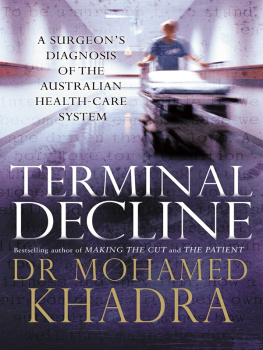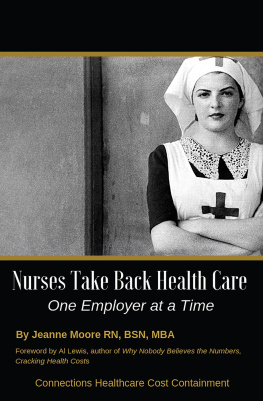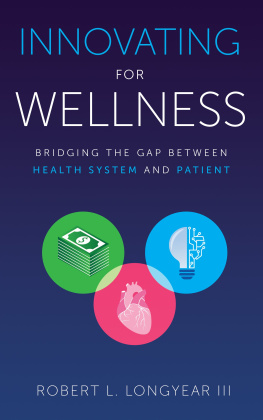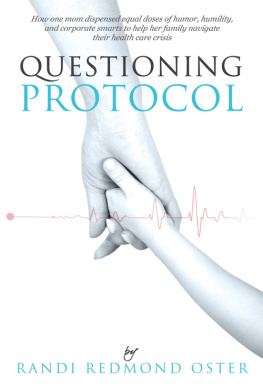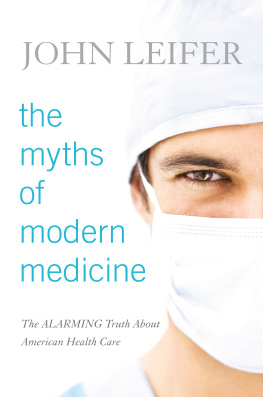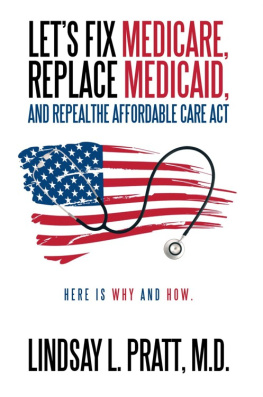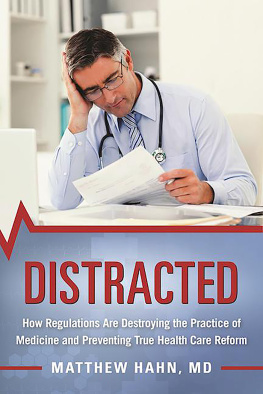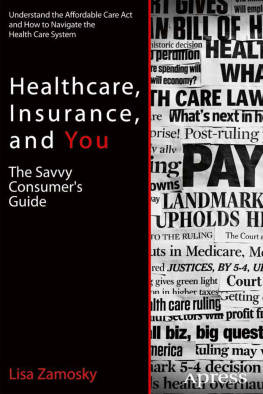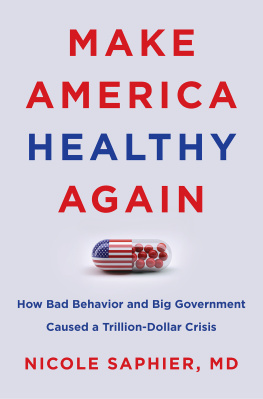Mohamed Khadra is a professor of Surgery at the University of Sydney, Australia. He has had a successful and varied career as a leader in education and medicine, internationally and in Australia. He has a degree in Medicine, a PhD and a fellowship of the Royal Australasian College of Surgeons. He also has a postgraduate degree in Computing and a Masters in Education.
His roles have included Inaugural Chair of Surgery at the Australian National University, Pro-vice Chancellor for Health, Design and Science at the University of Canberra, Professor of Surgery and Head of the School of Rural Health or the University of New South Wales. He has won several research prizes, including the Noel Newton Prize for surgical research and the Alban Gee Prize in Urology.
Mohamed is co-founder of the Institute of Technology Australia, an accredited higher-education provider that contributes to social justice by delivering accessible and affordable degrees to students in developing countries. He is also the best selling author of Making the Cut and The Patient.
Also by Mohamed Khadra
Making the Cut: a Surgeons Stories of Life on the Edge
The Patient
At What Cost? (co-authored with David Williamson)
All rights reserved. No part of this book may be reproduced or transmitted by any person or entity, including internet search engines or retailers, in any form or by any means, electronic or mechanical, including printing, photocopying (except under the statutory exceptions provisions of the Australian Copyright Act 1968 ), recording, scanning or by any information storage and retrieval system without the prior written permission of Random House Australia. Any unauthorised distribution or use of this text may be a direct infringement of the authors and publishers rights and those responsible may be liable in law accordingly.
Terminal Decline
ePub ISBN 9781742741321
Kindle ISBN 9781742741338
A William Heinemann book
Published by Random House Australia Pty Ltd
Level 3, 100 Pacific Highway, North Sydney NSW 2060
www.randomhouse.com.au
First published by William Heinemann in 2010
Copyright Mohamed Khadra 2010
The moral right of the author has been asserted.
All rights reserved. No part of this book may be reproduced or transmitted by any person or entity, including internet search engines or retailers, in any form or by any means, electronic or mechanical, including photocopying (except under the statutory exceptions provisions of the Australian Copyright Act 1968 ), recording, scanning or by any information storage and retrieval system without the prior written permission of Random House Australia.
Addresses for companies within the Random House Group can be found at
www.randomhouse.com.au/offices .
National Library of Australia Cataloguing-in-Publication Entry:
Khadra, Mohamed
Terminal decline / Mohamed Khadra
ISBN 978 1 86471 137 0 (pbk)
Medical care Australia
Health facilities Australia
362.10994
Cover design by Henry Steadman
Cover photograph by Getty Images
CONTENTS
Authors Note
In the process of interviewing the publicly known characters in this book, I typed as they spoke to capture the essence of their words. I believe that I have been true to their comments and their views.
The events about which Ive written have all occurred, although, as with my other books, I have amalgamated and changed descriptions of places, time and circumstance. The patients and doctors are an amalgamation of people and personalities from different situations. I have sought to avoid, to my utmost ability, all factors that may betray medical confidentiality, while attempting to relate the events that occurred and continue to occur in my life as a surgeon.
This book is once again set in the fictional Victoria Hospital and, apart from the public figures discussed above, all names I have used are fictional.
Terminal Decline is a true record of my inquiries into our health system.
Loves clear bell has rung for half my life,
With hope that half is yet to come with my sweet wife;
My steel resolve, my moral light,
My loyal friend and my joyful delight.
Timeline
1972 Mr Gough Whitlam, Labor leader of the federal opposition, announces his policy statement to introduce a national mandatory health insurance scheme (then known as Medibank, subsequently as Medibank Mark I). The scheme is based on a paper written by Richard Scotton and John Deeble (both health economists) in the late 1960s.
1975 Medibank Mark I comes into existence.
November 1975 Malcolm Fraser is elected prime minister.
1976 Fraser announces a 2.5 per cent tax levy to fund Medibank and launches Medibank Mark II in October, which makes it optional to take out private health insurance instead of paying the levy.
19761981 Medibank Mark II undergoes many changes so as to be unrecognisable as a national health insurance scheme.
1983 Bob Hawke elected prime minister. Rejects the various changes that have occurred to Medibank under Fraser. John Deeble redrafts the legislation, returning it almost entirely to the original Medibank Mark I. Dr Neal Blewett introduces the legislation to Parliament in late 1983.
1 February 1984 Medicare, as we now know it, comes into existence.
26 May 1984 Doctors act, organised by Dr Bruce Shepherd, in opposition to various parts of the legislation.
14 May 1985 Peace package is agreed to by federal Parliament, which allows Medicare to remain intact and certain changes to be made that placate doctors, including the repeal of Section 17 regarding private practice provisions in public hospitals.
June 2009 National Health and Hospitals Reform Commission, under Dr Christine Bennett, releases report entitled A Healthier Future for All Australians.
March 2010 A National Health and Hospitals Network for Australias Future released by the government.
Its Time
Part of the policy speech for the Australian Labor Party delivered by Gough Whitlam at the Blacktown Civic Centre, Sydney, on 13 November 1972:
A federal Labor government will introduce a universal health insurance scheme. It will be administered by a single health fund. Contributions will be paid according to taxable income. An estimated 350,000 Australian families will pay nothing. Four out of five will pay less than their contributions to the existing scheme. Hospital care will be paid for completely by the fund in whatever ward the patients doctor advises. The fund will pay the full cost of medical treatment if doctors choose to bill the fund directly, or refund 85 per cent of fees if the patient pays those fees himself.
Introduction
There is a great privilege in being a surgeon; indeed, in being a health professional of any kind. We are allowed into the inner world of our patients and we are allowed to witness firsthand the effects of illness. The way it ravages, extracts, saps, ages and either is defeated or stays to maim or kill the individual whose battle we assist. Few are allowed into this inner world. I dreamed of being a surgeon as a child. As a teenager, I read avidly about what it was to be a doctor: Axel Munthes The Story of San Michele , A. J. Cronins The Citadel , Alexander Solzhenitsyns Cancer Ward, among many others. Eventually, life granted me the fortune of being able to call myself a surgeon.
When I became a cancer patient myself, it was difficult to continue my career without personalising every patients pain. Maybe I wanted to explore other lives and universes. I slowly edged out of surgery and replaced it with different activities. Eventually I engineered, for a short period of time, to leave it entirely to concentrate my attentions on being an educationalist. With my wife, Michelle, I co-founded a higher education provider with a social justice mission, which aimed to deliver quality higher education to students around the world who were least able to access this. Once this was established and handed onto others, I decided to come back to my profession.

